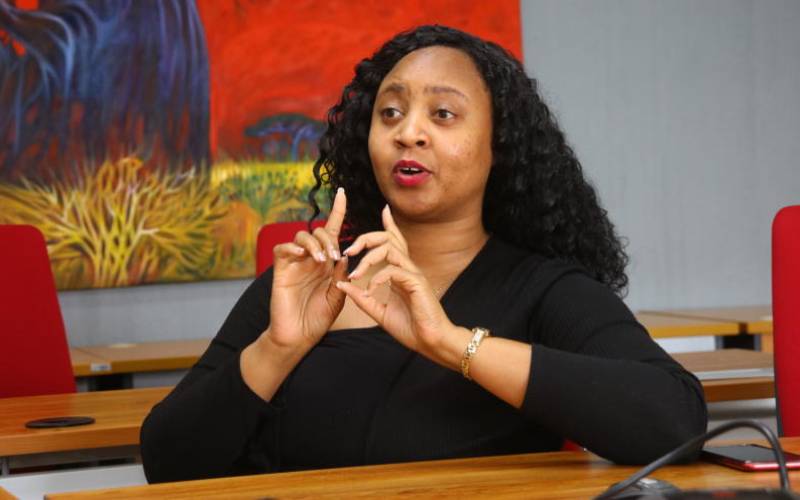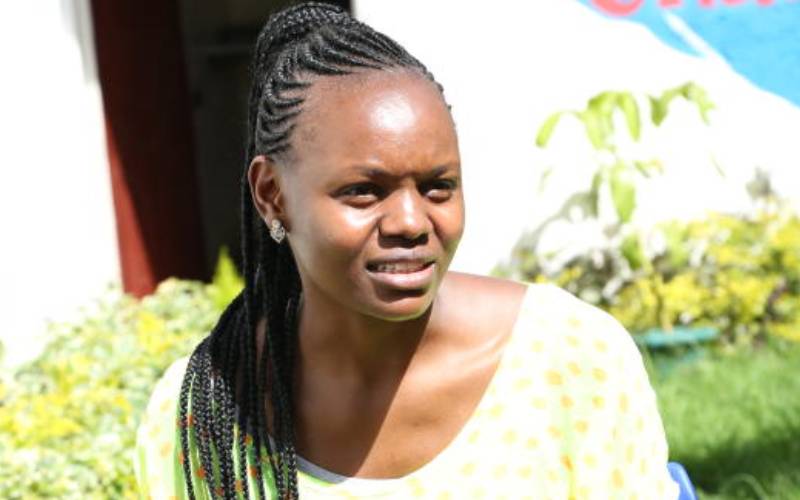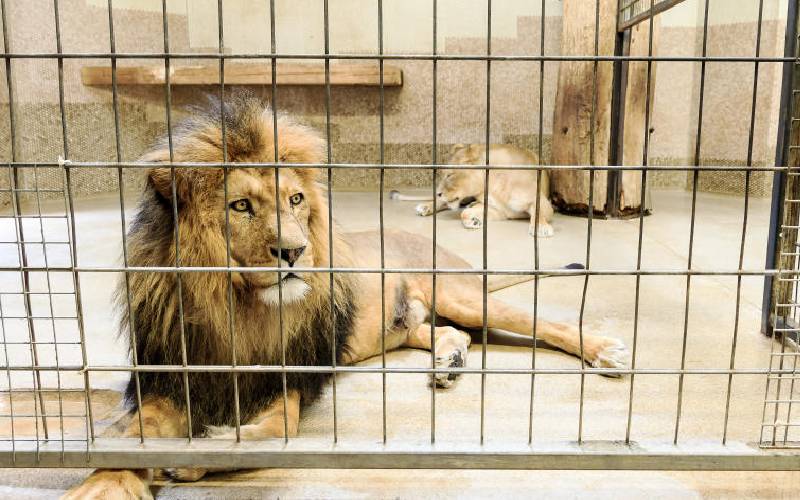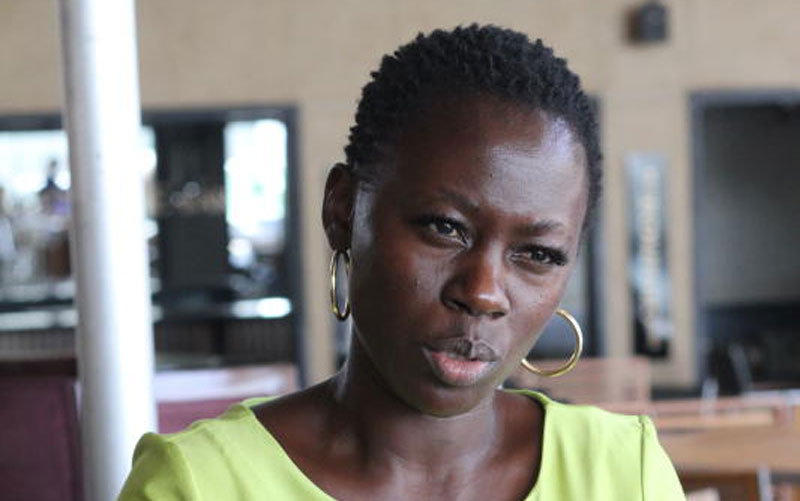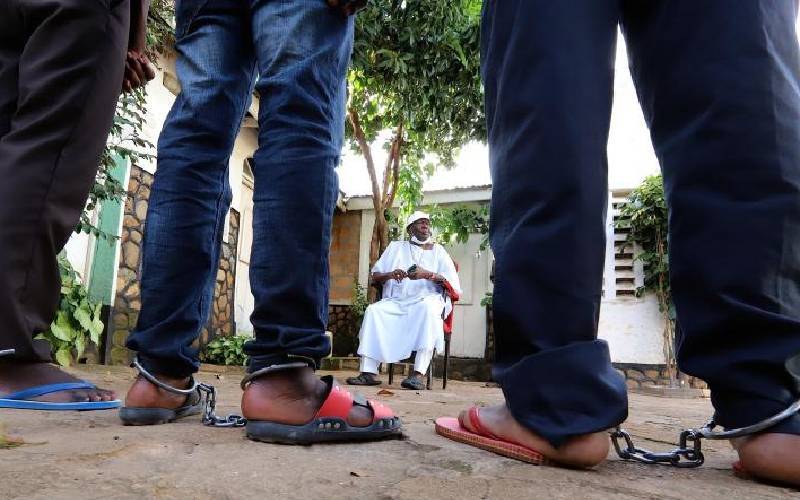
Stacy* noticed that her three-year-old was touching her age mates inappropriately and at one time “I saw her remove her pants, lift her dress and asked one of the boys to sleep on top. I was shocked when I asked refused to tell me, but I was calm and assured her safety she told me that a neighbour and father was sexually abusing her.”
The case was reported and legal action taken, and though she was against therapy considering at her age she would forget, Stacy later changed her mind.
Another parent, David*, a father of two, sought religious intervention before taking his son for therapy after his seven-year-old son became withdrawn following the death of their third born two years earlier.
“My wife had a still birth, after the burial everything was okay, but I started noticing that my son who was five at the time was withdrawn. He stopped eating well and later started recreating the burial ceremony for the child we lost,” recalls David adding even prayers from a pastor did not help matters.
“We took him to a psychologist and found out that when we were mourning the still birth, we forgot about him,” says David. “We forgot he was also prepared to welcome a baby brother so recreating the burial was his way of mourning.”
Like adults, children too, have mental health issues including anger, mood swings, anxiety, panic attacks, bipolar disorder and fear of abandonment,-before they even celebrate their first birthday.
How does a parent or guardian diagnose these mental health issues early on?
Counselling psychologist Jacqueline Gathu explains that a child’s brain starts portraying mood swings between six and eight months which is manifested in aggressive behavior when one takes something from them and this includes rolling on the floor.
Fear, anxiety and separation anxiety start at eight months, but Gathu advises that care be exercised considering “we do not diagnose children under five but at that age they start play group so you will get feedback from teachers that your child is withdrawn, so you monitor that as parent or care giver.”
Another indicator, says Gathu, are delayed milestones when a child is not able to speak or walk property at certain ages.
The worst mental health issue is depression, which is ranked among the five leadings causes of suicide among teenagers, according to UNICEF which notes that one is seven adolescents betweeb10 to 19 years have a diagnosed mental disorder, globally, with an estimated 45, 000 adolescents dying by suicide annually.
There are myriad causes of depression in children including major life challenges like death and transformations like divorce for which children should also be involved, says Gathu who warns against moving houses and changing schools without explanations. Sexual abuse also causes depression in children.
Parents fear having children with mental health issues and Gathu says depression might trigger mental health challenges and associated stigmas and most parents find safety in silence for fear of what people might say.
“The more we avoid talking about anxiety, depression and mental ill-health in children the more we are worsening the situation,” offers Gathu who has noticed that parents expect therapists to fix the problem before outsiders finds out.
There are several things to expect at the therapist’s clinic as children in need of psychiatric care are treated differently.
For those aged between three and seven, their therapy room is more playful, with artwork crayons and colourful furniture for ‘play therapy’ explains Gathu as “that’s how children express themselves and how they communicate to us about their world.”
The play therapy has themes depending on the issues the child is battling and ranges from bullying, special needs, or abuse and the play items are selected from the information the therapists gets from parents or guardians.
In the first three sessions “I do undirected play, I let them choose items and the way they interact with them will give me an idea of their life,” says Gathu adding that it’s from picked cues which are then interpreted and feedback given “for therapeutic measures to help the child.”
In case a child has been sexually abuse, then most manipulate toys in a sexual manner and “when a child touches a specific toy I know what we are dealing with. In case of sexual abuse, the child will take a doll and lift the dress. In one case, I decided to knit a panty for a doll because most do not come with panties. The child lifted the dress and removed the panty and I knew something had been done to the child,” explains Gathu who says for children above seven, therapy involves parents or guardians present at the adult therapy room where they’re encouraged to speak out but most parents make the mistake of not informing the child they are going for therapy.
Once the concerns are expressed then the child is given a chance to respond after which the therapist takes over during the remaining five to 10 sessions in which “the parents/guardians will be invited back. They’ll be given feedback and it’s not always rosy but it’s the journey of healing.”?
The worrying thing about mental health in children is that though issues range from depression, anxiety and bipolar disorders, it is quite alarming that 75 per cent of children and young people are not getting the help they need.
“It’s one thing to bring a child into the world, it’s another thing to raise it in the right environment. When we’ve got anything financially we think we’ve done it. No. A child needs a present parent, an intentional parent” advises Gathu who singles out respect and unconditional love for children as one of the best ways of dealing with them.
Gathu warns against conditional love which includes treating them differently when they pass exams to perceiving them as failures when they score Ds, yet children mistrust those who continuously criticizes them.
“Children are sponges,” concludes Gathu. “They absorb so much we are telling them. We need to be intentional in the way we parent them, we are looking for money and losing our children in the process.”
 The Standard Group Plc is a multi-media organization with investments in media
platforms spanning newspaper print
operations, television, radio broadcasting, digital and online services. The
Standard Group is recognized as a
leading multi-media house in Kenya with a key influence in matters of national
and international interest.
The Standard Group Plc is a multi-media organization with investments in media
platforms spanning newspaper print
operations, television, radio broadcasting, digital and online services. The
Standard Group is recognized as a
leading multi-media house in Kenya with a key influence in matters of national
and international interest.


